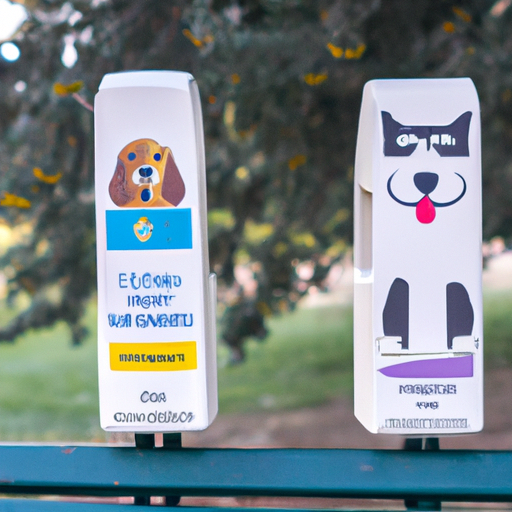If you’re a dog lover and you or your loved ones suffer from allergies or asthma, you might think you’re forced to choose between health and canine companionship. But you’re in luck! Many breeds of dogs are hypoallergenic, which means they’re less likely to cause allergic reactions. Today, I’ll introduce you to eight of the best dogs for allergies and asthma.
1. Poodles
Let’s start with one of the most popular hypoallergenic dogs – the Poodle. Poodles come in three sizes: standard, miniature, and toy, but they all have one thing in common – they’re great for allergy sufferers.
- Why they’re great: Poodles have hair, not fur, which reduces the amount of dander they produce. Plus, they’re intelligent and trainable, making them great for families.
- Things to consider: Poodles require regular grooming to keep their hair from becoming matted.
2. Bichon Frise
Next up is the Bichon Frise, a small breed known for its friendly and cheerful disposition.
- Why they’re great: Bichons have a curly coat that’s similar to a poodle’s, which means they produce less dander.
- Things to consider: Bichons are active and playful, so they need daily exercise.
3. Schnauzers
Schnauzers come in three sizes – giant, standard, and miniature – and they’re all hypoallergenic.
- Why they’re great: Schnauzers have a double coat that captures dander, keeping it from becoming airborne.
- Things to consider: Schnauzers require regular grooming, and some can be a bit stubborn, so they may need extra training.
4. Shih Tzus
Although Shih Tzus have long, flowing coats, they’re surprisingly good for people with allergies.
- Why they’re great: Shih Tzus produce less dander than many other breeds, and their hair grows slowly, reducing the amount of loose hair.
- Things to consider: Shih Tzus require regular grooming, and they can be a bit stubborn.
5. Portuguese Water Dogs
Portuguese Water Dogs are a larger breed that’s known for being hypoallergenic.
- Why they’re great: Like poodles and bichons, Portuguese Water Dogs have hair, not fur.
- Things to consider: Portuguese Water Dogs are active and need a lot of exercise.
| Breed | Size | Grooming | Activity Level |
|---|---|---|---|
| Poodle | Varies | High | Moderate |
| Bichon Frise | Small | High | High |
| Schnauzer | Varies | High | Moderate |
| Shih Tzu | Small | High | Low |
| Portuguese Water Dog | Large | High | High |
6. Basenjis
Basenjis are a unique breed – they’re known as the “barkless dog” because they make a unique sound that’s more like a yodel than a bark.
- Why they’re great: Basenjis groom themselves like cats, which helps to reduce dander.
- Things to consider: Basenjis are independent and can be a bit stubborn.
7. Maltese
The Maltese is a small breed with a beautiful, flowing coat.
- Why they’re great: Maltese dogs have hair, not fur, and they’re low-shedding.
- Things to consider: Maltese require regular grooming, and they’re quite active despite their small size.
8. Labradoodles
Last but not least, we have the Labradoodle, a cross between a Labrador Retriever and a Poodle.
- Why they’re great: Labradoodles inherit the Poodle’s hypoallergenic coat.
- Things to consider: Labradoodles can vary in size and coat type, so not all are hypoallergenic.
FAQs
1. Are hypoallergenic dogs completely allergy-free?
No, no dog is completely hypoallergenic. However, the breeds listed above tend to produce fewer allergens, making them a better choice for allergy sufferers.
2. What causes dog allergies?
Most dog allergies are caused by dander, not hair. Dander is tiny pieces of skin that fall off the dog, often becoming airborne.
3. How can I reduce allergens in my home?
Regularly bathing your dog, washing their bedding, and vacuuming can help to reduce allergens. Air purifiers can also be helpful.
4. Is there a best dog breed for kids with allergies?
The best breed will depend on your child’s specific allergies and their lifestyle. However, Poodles and Bichon Frises are often recommended for families.
Remember, it’s always a good idea to spend time with a breed before bringing one into your home, to see if any allergic reactions occur. Consulting with an allergist can also help you to make the best decision for your family.



